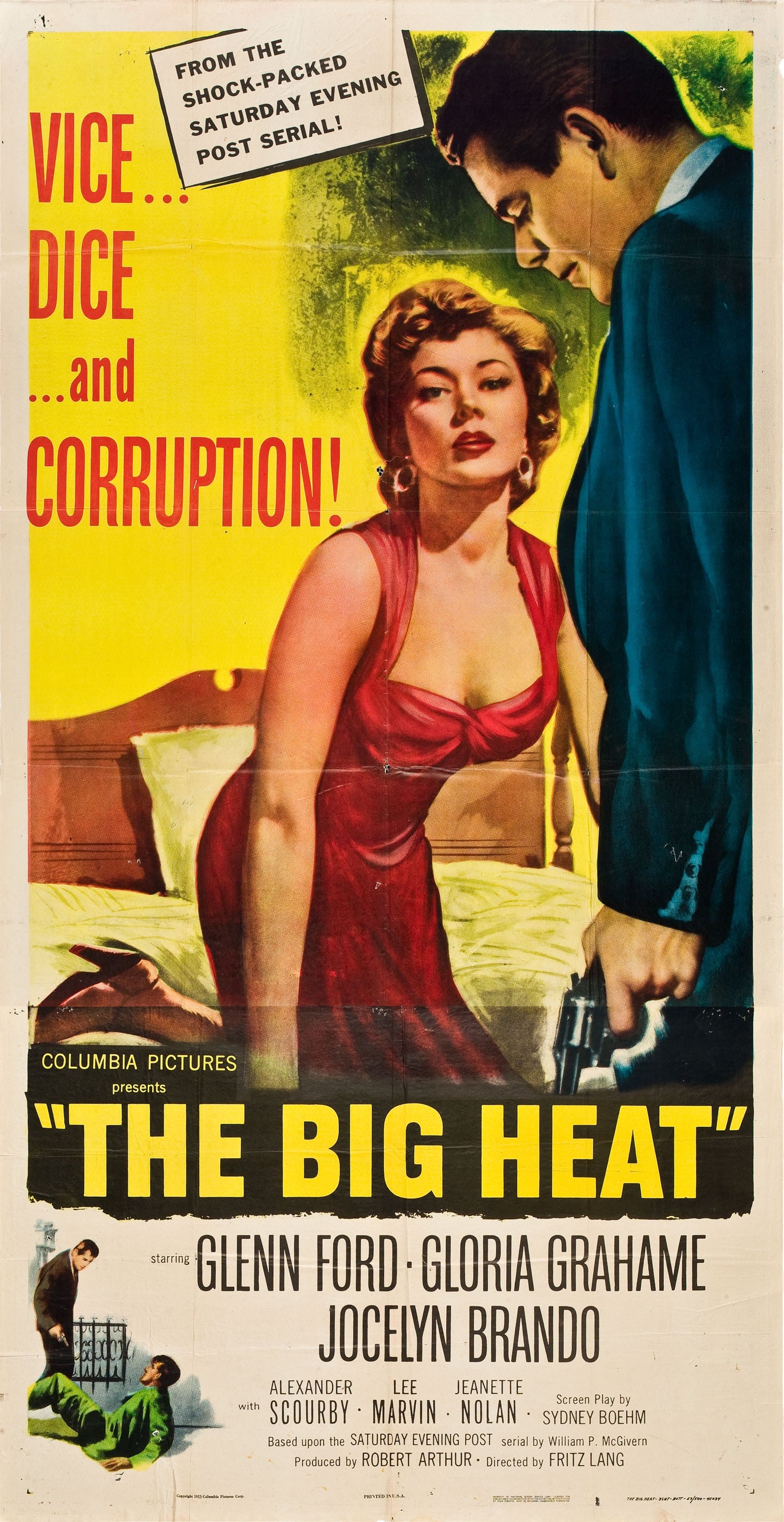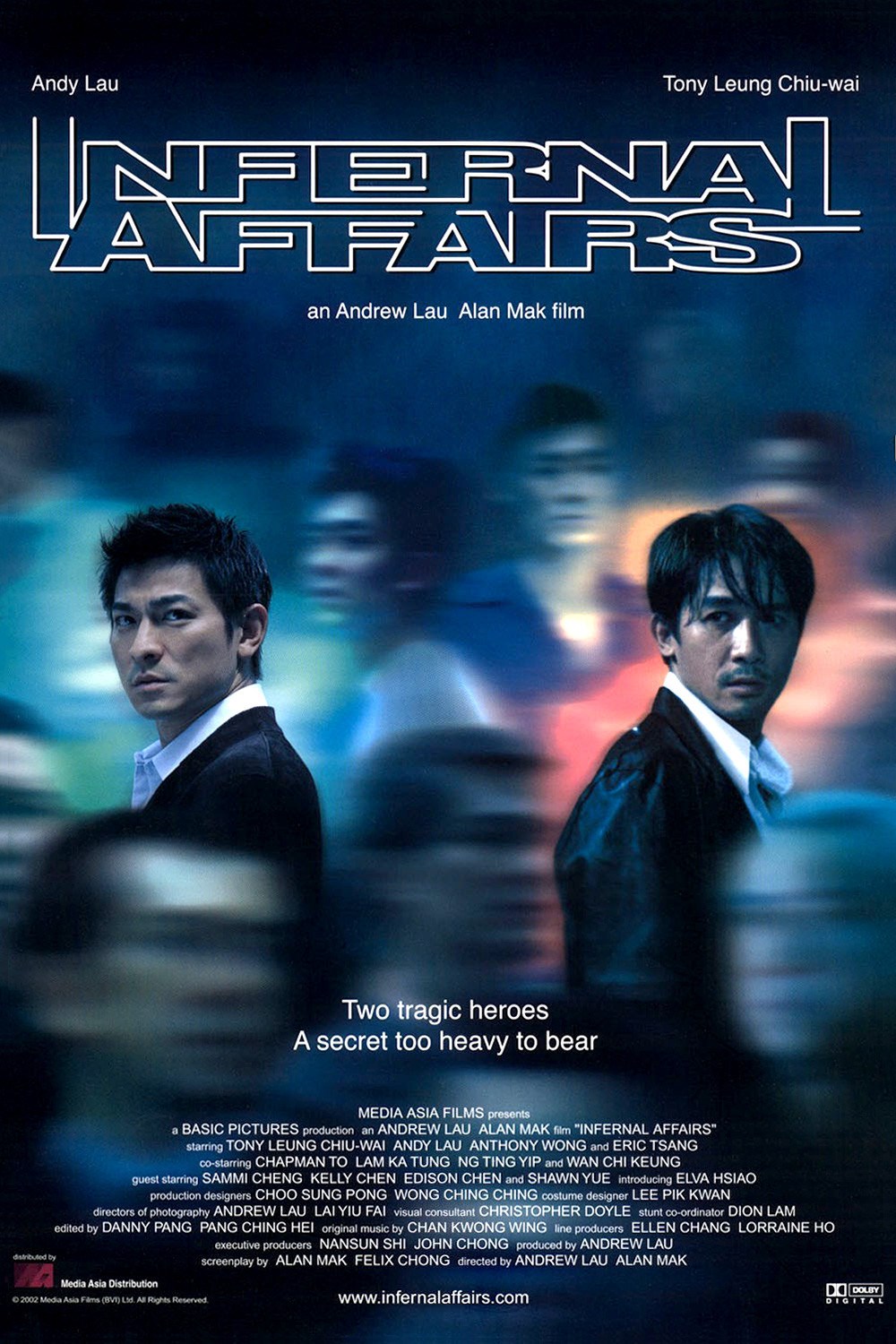This is the 565th of the 1,172 movies on the "Before You Die" list which I'm gradually working through.
Director: Julien Duvivier
To an average modern viewer, Pepe le Moko would be a good movie. When taken in the context of its release and the overall history of film, it's an incredible movie.
Taking place roughly around the time it was made in 1936, Pepe le Moko centers on the title character, a thief who is hiding out in the famous Casbah area of Algiers, Algeria. Pepe is, in many ways, the classic romantic rogue - handsome and charming, with just enough integrity to inspire devotion from many who meet him. However, he is also possessed of a deep sadness, and this is where the movie was well ahead of its time. While it is certainly engaging to learn about Pepe's skills as a thief and his powerful charisma, it is the deeper exploration of his psyche which made this movie so groundbreaking.
The film wears the veneer of a chase movie. The police force in Algiers have been unable to catch the elusive Pepe, and the government of France, the colonizers of Algeria, send in officials to oversee a more rigorous pursuit. Despite warnings from local officers familiar with the difficulties of the situation, the French attempt to bulldog their way into finding the notorious thief. Shifting between the center and the periphery of the investigation is Slimane, a seemingly-lazy local officer possessed of deceptive intellect, knowledge, and patience. It is the slow burn of watching Slimane work the problem of apprehending Pepe that makes this movie so far ahead of its time. Whereas nearly all films of that time (and the majority of films even today) rely on the drama of strong characters constantly duelling each other in dynamic and eye-catching ways, Pepe le Moko is more measured and assured. It is this slower pace which allows us to truly think about what motivates Pepe, and it becomes clear that it is more than simply money and women.
Pepe le Moko is also a film about place. The locale of the Casbah is spectacular. Filmed on location, the movie depicts a neighborhood which is a fascinating labyrinth of multi-storied buildings, winding stairways, and bodies packed into the well-worn structures. It's a perfect setting for the tale of a thief who both uses the maze to retain his freedom and feels its constrictive nature. Casablanca, as great as it is, never comes close to creating the sense of locale as Pepe le Moko.
The resolution of the story is just as impressive as anything else about the movie. It avoids all of the tropes and typical cliches of weaker films. This was a great movie that I'm glad to have finally watched, after reading about it for so many years.
That's 565 films seen, only 607 more to go before I can die...
Director: Julien Duvivier
To an average modern viewer, Pepe le Moko would be a good movie. When taken in the context of its release and the overall history of film, it's an incredible movie.
Taking place roughly around the time it was made in 1936, Pepe le Moko centers on the title character, a thief who is hiding out in the famous Casbah area of Algiers, Algeria. Pepe is, in many ways, the classic romantic rogue - handsome and charming, with just enough integrity to inspire devotion from many who meet him. However, he is also possessed of a deep sadness, and this is where the movie was well ahead of its time. While it is certainly engaging to learn about Pepe's skills as a thief and his powerful charisma, it is the deeper exploration of his psyche which made this movie so groundbreaking.
The film wears the veneer of a chase movie. The police force in Algiers have been unable to catch the elusive Pepe, and the government of France, the colonizers of Algeria, send in officials to oversee a more rigorous pursuit. Despite warnings from local officers familiar with the difficulties of the situation, the French attempt to bulldog their way into finding the notorious thief. Shifting between the center and the periphery of the investigation is Slimane, a seemingly-lazy local officer possessed of deceptive intellect, knowledge, and patience. It is the slow burn of watching Slimane work the problem of apprehending Pepe that makes this movie so far ahead of its time. Whereas nearly all films of that time (and the majority of films even today) rely on the drama of strong characters constantly duelling each other in dynamic and eye-catching ways, Pepe le Moko is more measured and assured. It is this slower pace which allows us to truly think about what motivates Pepe, and it becomes clear that it is more than simply money and women.
 |
| This still gives just a taste of how tricky the maze of the Casbah can be, especially to those unfamiliar with its twists, turns, and many, many dark shadows. |
The resolution of the story is just as impressive as anything else about the movie. It avoids all of the tropes and typical cliches of weaker films. This was a great movie that I'm glad to have finally watched, after reading about it for so many years.
That's 565 films seen, only 607 more to go before I can die...



